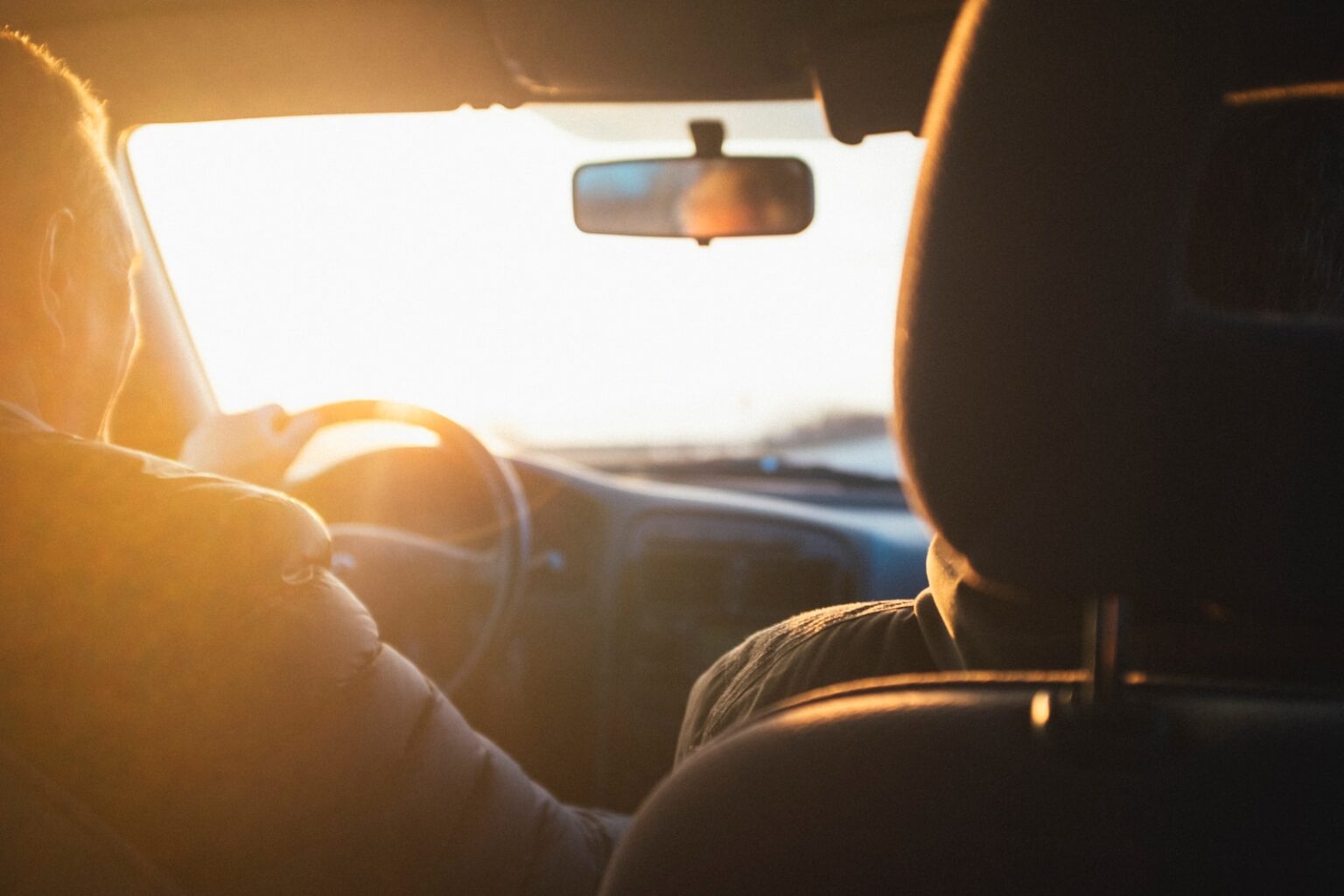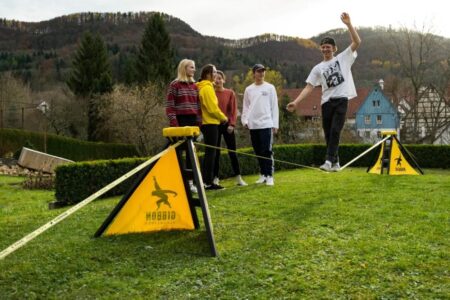As every summer, road journeys are intensifying: DGT Traffic forecasts 95 million long-distance journeys in July and August, to which must be added hundreds of millions of local journeys. 90% of the information we receive when driving comes through our eyes, and at this time of year visibility at the wheel is more important than ever. The company Carglass® Spain We offer a series of simple tips to increase road safety at this time of year.
1. Sunglasses: a health and safety issue:
In summer there are more hours of daylight and the sun's incidence increases. At this time of year it is necessary to wear quality sunglasses that are clean and in good condition; something that becomes essential for people with light eyes and for professional drivers who spend many hours behind the wheel, as they risk damaging all the layers of the eye if they do not use them. On the other hand, high luminosity increases visual fatigue when driving and we need to stop more often to rest our eyes.
2. Knowing how to look is always key:
This may be a good time to retrain ourselves and learn to look better, which is the first key to better driving. Constantly changing traffic conditions (environment, relative position, orientation, speed, direction...) require drivers to constantly adjust their vision focus in order to understand their surroundings. A correct visibility and visual scanning strategy allows us to better understand the driving situation and anticipate possible risks. Looking into the distance helps us to steer the car more accurately and allows us to anticipate what may be ahead of us. It is also important to sweep your eyes transversally (from side to side, more frequent in the city or on roads with many side merges) and longitudinally (from nearer to further away, more frequent on motorways and dual carriageways). Another good tip is to have peripheral vision to detect things that pass "out of the corner of your eye". And also understand that "we go where we look", so in a dangerous situation you should not stare at the obstacle you might hit, but look for escape points.

3. Attention to sunrise and sunset:
It should be borne in mind that dawn comes earlier and dusk comes later, and that the intensity of these phenomena is higher and can cause glare.
4. Beware of the sun on your face:
It is important to choose when to use the wipers to clean the windscreen, because mud and reflections from the windscreen can blind you for a few seconds (and at 120 km/h, you are travelling more than 30 metres per second), an effect that is intensified by poor wiper blades.
5. More hours of night driving:
Although the sun is the main protagonist, during the summer holidays we also tend to go out and drive more at night. A driver's visual capacity is reduced to 30% at night, with a reduction in visual acuity of 70% and a significant loss of the sense of depth and ability to measure distances, according to the Official College of Opticians-Optometrists of Andalusia.
The lack of light causes the pupils to dilate and the eye to work more with the peripheral retina, leading to a small amount of myopia at night in all drivers. At night there is also more eyestrain, tearing and itchy eyes. At night we lose a lot of peripheral vision, although it is also true that we can see out of the "corner of our eye" light sources that contrast with the darkness. On the other hand, when driving at night we depend on the lighting equipment in cars and on the roads, and there is more glare, which can blind us momentarily and can be very dangerous: a dazzled driver takes between 3 and 20 seconds to fully recover his vision.
6. Although fewer, there are still a lot of insects:
Although this happens less and less frequently, at this time of year many insects end up on the windscreen. Windscreen wipers should be used regularly to avoid compromising visibility and to prevent insect debris from drying out and damaging the wiper blades. It may also be necessary to stop at a service station for a thorough wipe.
7. The dust and sand on the beach:
Dryness, high temperatures and winds from Africa cause more dust and sand to be blown in summer. In addition, the cracks in the asphalt expand due to the heat and dust accumulates in them, which is kicked up by cars. This dust sticks to the windows and reduces our vision.
Cars parked near the beach are often covered with a fine layer of dust and sand. The windscreen wipers and window lifts should not be activated at this time, as they could be damaged and scratch the windows. Ideally, carry a car full of water in the car to remove most of the sand from the windows so that you can drive safely before undertaking a more thorough cleaning.
8. The windscreen, our second pair of glasses:
The windscreen must always be clean and in good condition. In summer and winter, most windscreens are broken due to the extreme temperatures and temperature differences, which put a lot of stress on the glass. A small impact - easily repairable in any Carglass workshop - quickly turns into a dangerous crack that impairs vision or an irreparable breakage that can ruin a journey. If the windscreen has suffered an impact, you should go to the workshop as soon as possible. Carglass® recommends repairing the windscreen, whenever possible, rather than replacing it. A repaired windscreen recovers 100% of its original condition and stiffness, which has been proven in numerous independent studies.
9. Wiper blades are also important in summer:
It rarely rains in summer, but when it does, very dangerous situations arise. The asphalt, which has accumulated dust in its cracks, becomes very slippery as a layer of slime forms; and something similar happens to the windscreen. A dusty, insect-ridden windscreen and worn wiper blades are synonymous with being blinded at the wheel.
10. Windscreen washer fluid, always full.:
In summer, we have to be very careful with its level, because we use it more than ever due to dust and insects. This means that it wears out quickly and we can run out of it, just when we need it most.






